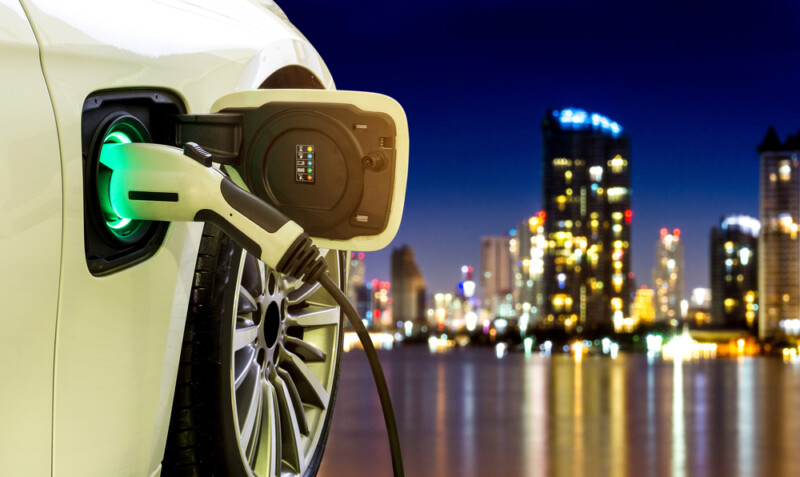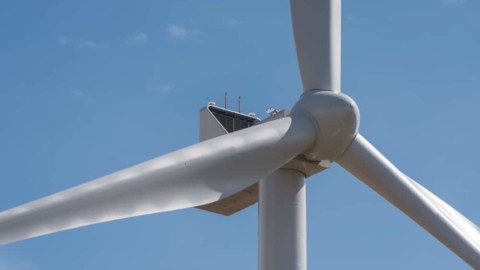The Federal Government is partnering with Jemena and four network service providers to undertake a trial that will provide insights on the EV charging impacts on the electricity system.
The trial is being conducted in 176 homes across Victoria, Tasmania and the ACT. Participating network service providers will monitor users’ charging habits to understand the network conditions and impact of EVs on the grid in real time.
This trial is the first time networks will play a direct role in EV charge management.
The Australian Renewable Energy Agency (ARENA) is providing $1.6 million towards the $3.4 million trial.
Minister for Energy and Emissions Reduction, Angus Taylor, said the trial will provide key insights into managing the impact of EVs on Australia’s electricity grid.
“An unmanaged uptake of EVs could have negative impacts on the electricity grid if a large number of vehicles are charged at home during peak periods,” Mr Taylor said.
“This trial will give us a greater understanding of how to integrate future fuel technologies in Australia without compromising our energy grid.”
Jemena will employ a number of new staff to undertake the trial in conjunction with network service providers AusNet Services, Evoenergy, TasNetworks and United Energy.
This funding builds on the Federal Government’s support for consumer choice and efforts to reduce barriers to future fuel technology uptake.
Through ARENA, the Federal Government has provided $21 million for two electric vehicle charging networks and $11.7 million for projects focusing on smart charging and tools to make it easier for motorists and businesses to purchase new technology vehicles.
The Clean Energy Finance Corporation has also provided up to $1.1 billion in concessional finance to assist uptake of low and zero emissions vehicles.
Feedback sought on future fuels
In related news, the Federal Government has now published a discussion paper outlining its plan for reducing emissions in the road transport sector, enabling consumer choice and facilitating industry development.
The Future Fuels Strategy Discussion Paper considers the role of a mix of technologies, including traditional fuel, hybrid, hydrogen fuel cell, electric and bio-fuelled vehicles.
“Australians should be able to choose which type of car they drive and the government is continuing to support them in this decision,” Mr Taylor said.
The Federal Government will focus on three principles to support the future fuels sector:
- Addressing barriers to the roll out of new vehicle technologies to increase consumer choice
- Investing in early-stage technologies to stimulate the market and drive private sector investment
- Giving Australians access to the right information to help them make informed choices
The industry is now being invited to give input through the discussion paper to help shape the final Future Fuels Strategy.
Feedback is also expected to help to influence the design and roll out of government investment programs, including the Future Fuels Fund, and inform the Federal Government’s priorities for ongoing work with states and territories.
To contribute to the discussion paper or learn more about the strategy process, click here.
Written submissions are open until Friday, 2 April 2021.
The final Future Fuels Strategy is expected to be released in the first half of 2021.
















